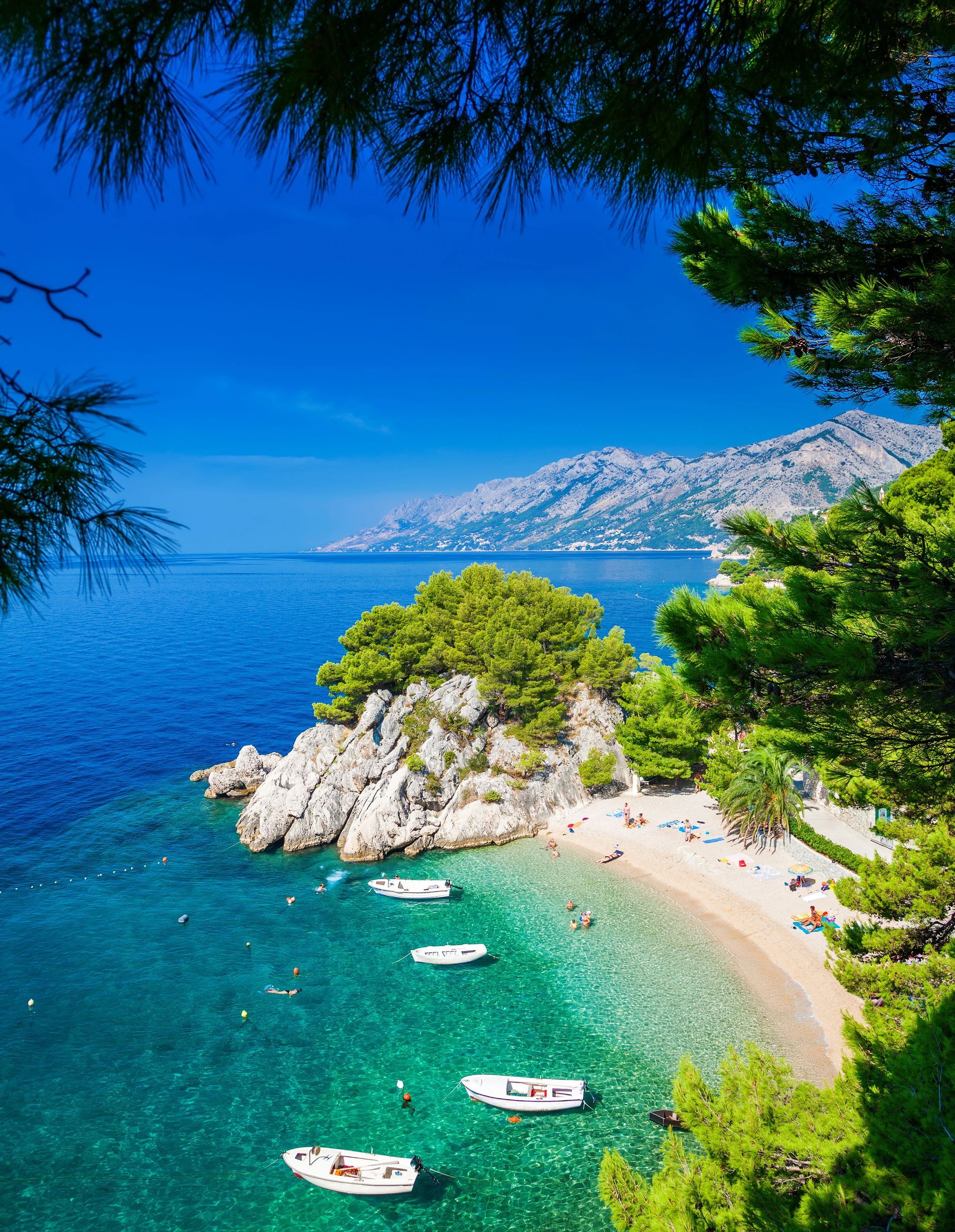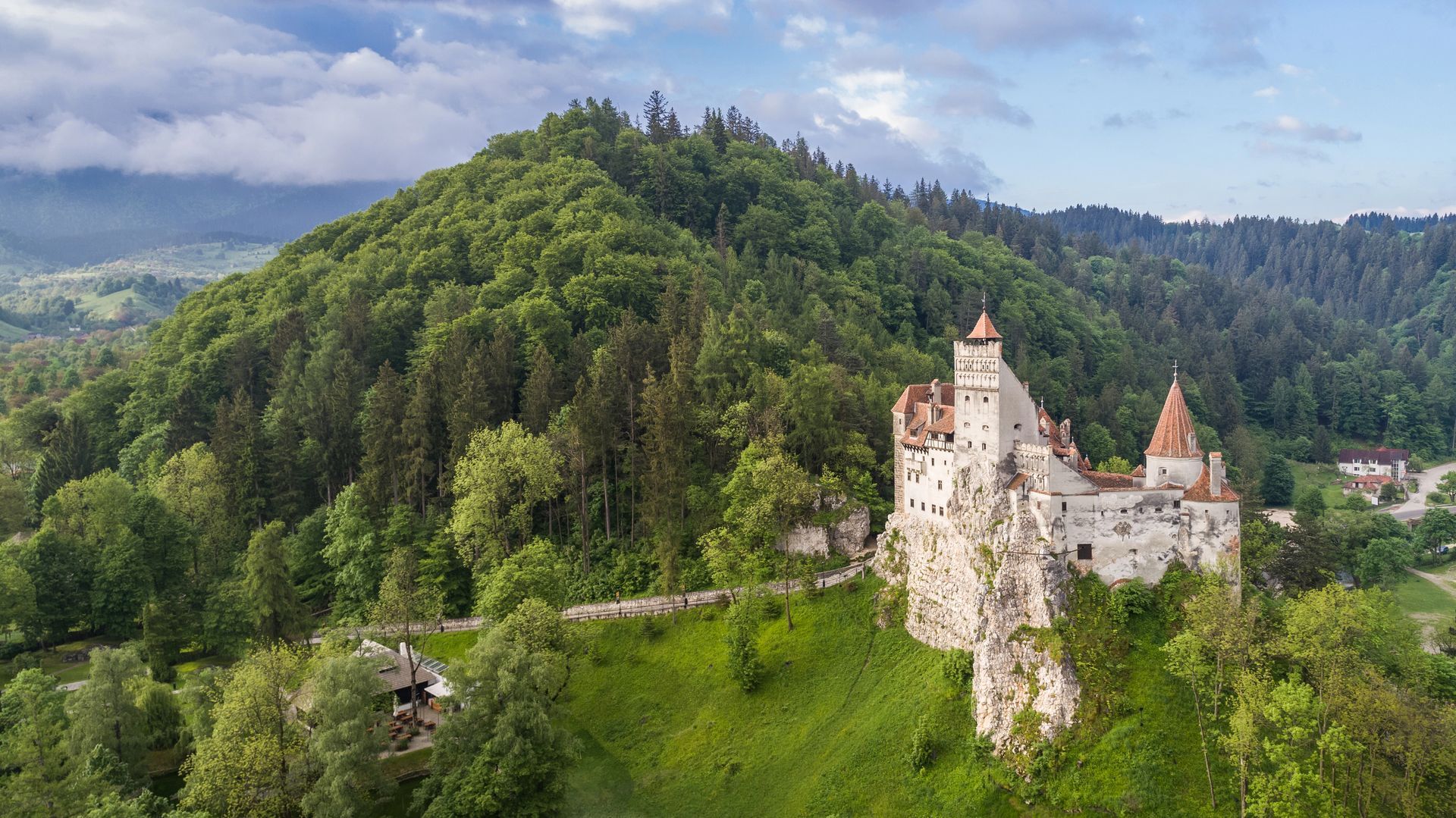Greece’s Latest Travel Regulations: Visitor Caps, New Taxes, and Sustainability Initiatives
Greece, one of the world’s most beloved travel destinations, is taking bold steps to ensure its natural beauty, cultural heritage, and tourism industry remain sustainable for the future. In response to increasing visitor numbers and environmental challenges, the Greek government has introduced new travel regulations for 2025, including visitor caps at historical sites, eco-friendly taxes, and stricter short-term rental rules.
Whether you're planning a summer getaway to Santorini’s sunsets, Athens’ ancient ruins, or Mykonos’ vibrant beaches, these changes may impact your trip. In this guide, we’ll break down everything you need to know about Greece’s latest travel policies and how they might affect your experience.
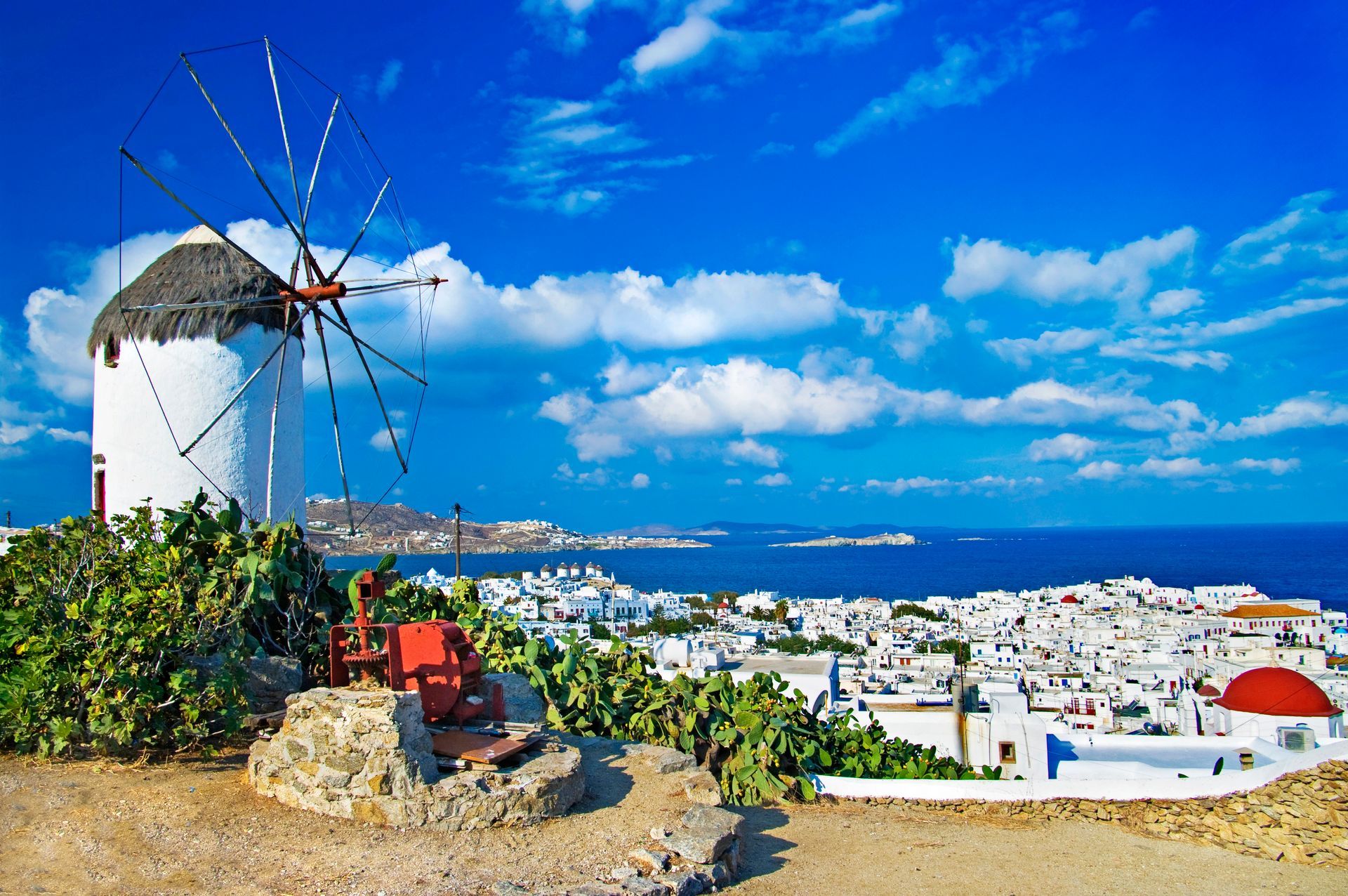
Climate Crisis Resilience Tax
Greece, known for its breathtaking landscapes and rich cultural heritage, is making significant changes to its tourism policies in an effort to promote sustainability. As part of these efforts, a new tourism tax structure will come into effect on January 1, 2025, replacing the previous accommodation tax with a Climate Crisis Resilience Fee. This new charge is designed to fund environmental protection measures and help the country mitigate the effects of climate change.
Who Pays the New Tourism Tax?
The Climate Crisis Resilience Tax applies to all tourists staying in paid accommodations across Greece, including:
- Hotels (from budget stays to luxury resorts)
- Short-term rentals (such as Airbnb, Vrbo, and similar platforms)
- Guesthouses and hostels
- Villas and holiday homes
This means that regardless of whether you're staying in a small guesthouse on a remote island or a five-star resort in Athens, you will be subject to the new tax.
How Much Will It Cost?
The tax amount will vary depending on the type of accommodation and the season. During peak travel months (April to October), higher rates will apply, while the fees will be reduced in the low season (November to March). Here’s a breakdown of the charges:
Accommodation TypePeak Season (Apr–Oct)Low Season (Nov–Mar)1-2 Star Hotels & Rentals€2 per night€1.50 per night3 Star Hotels€3 per night€2 per night4 Star Hotels€7 per night€5 per night5 Star Hotels & Luxury Villas€15 per night€10 per night
Why Is Greece Introducing This Tax?
This initiative is part of Greece’s broader sustainability strategy, aimed at:
- Preserving natural and cultural heritage: Funds collected will support conservation efforts for Greece’s historical landmarks and scenic landscapes.
- Managing overtourism: By increasing costs slightly during peak seasons, Greece hopes to distribute tourist arrivals more evenly throughout the year.
- Funding climate resilience projects: The revenue generated will contribute to projects that address climate-related challenges, such as rising sea levels, forest preservation, and sustainable tourism infrastructure.
How Will This Affect Tourists?
While the tax introduces an additional cost, it remains relatively modest compared to overall travel expenses. However, budget-conscious travelers may want to consider visiting during the low season (November to March) to take advantage of lower fees while still enjoying Greece’s beauty without the summer crowds.
Where Can I Find More Information?
For official updates and detailed tax regulations, visit:
- The Greek Ministry of Tourism: https://www.mintour.gov.gr
- The Greek National Tourism Organization: https://www.visitgreece.gr
- News Sources: Greek City Times, Ekathimerini, Argophilia Travel News

Greece’s New Cruise Passenger Fee
What You Need to Know
Greece is introducing a €20 disembarkation fee for cruise passengers arriving at its busiest ports, including Santorini and Mykonos, in a move aimed at managing overtourism and preserving local infrastructure. The new regulation is set to take effect during peak summer months, when cruise traffic is at its highest.
Why Is Greece Introducing This Fee?
In recent years, Greece’s most popular islands have struggled with the environmental and logistical challenges of mass tourism. Santorini, for example, welcomes over 800,000 cruise passengers annually, causing overcrowding, strain on public services, and damage to historical sites. The new cruise passenger fee is designed to:
- Limit over-tourism by discouraging excessive day-tripper numbers.
- Fund local infrastructure improvements to handle high visitor volumes.
- Protect cultural heritage by reducing foot traffic in sensitive areas.
Similar measures have been introduced in Venice, Italy, where cruise ship restrictions aim to protect its historic canals and city structure.
Who Pays the Cruise Tax & How?
- The €20 fee will apply to all cruise passengers disembarking in select high-traffic Greek ports.
- It is charged per person and collected by cruise operators, included in booking fees or paid upon arrival.
- The fee applies only during peak summer months (June–September), when tourist numbers are at their highest.
What It Means for Travelers
- Increased Cruise Costs – Travelers booking Mediterranean cruises with Greek stops should expect slightly higher overall costs.
- More Regulated Sightseeing – Popular spots like Santorini’s Oia village may see less crowding, making visits more enjoyable.
- Potential for Sustainable Tourism – Funds from this fee will contribute to infrastructure projects aimed at improving visitor experiences.
Is This the Future of Cruise Tourism?
Many European cities, including Barcelona, Dubrovnik, and Venice, have already introduced similar fees or restrictions to manage overtourism. As cruise tourism grows, more destinations may follow Greece’s example in implementing sustainability measures.
For further details, visit Greek City Times or The Daily Telegraph.
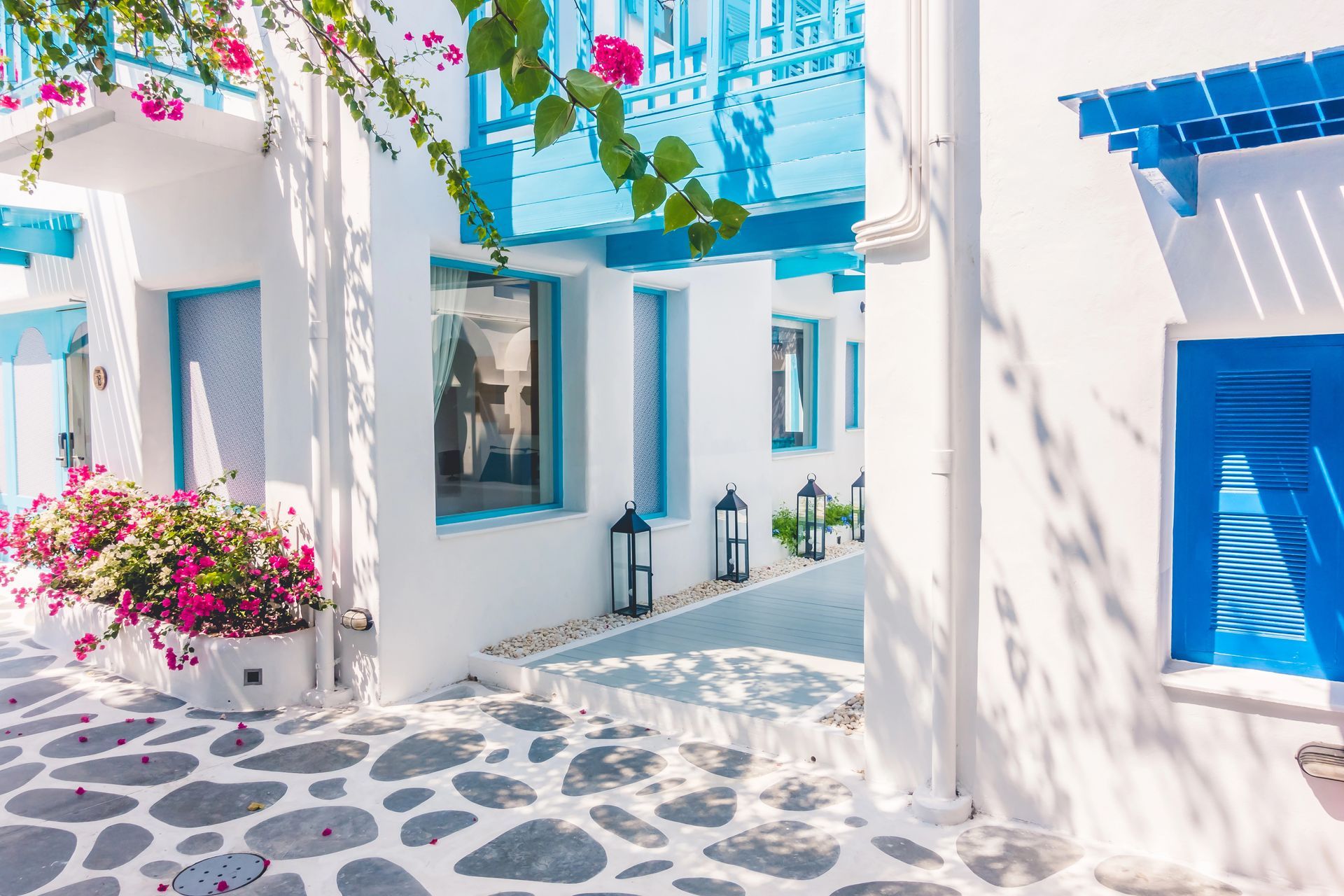
Greece’s New Short-Term Rental Regulations
What Travelers & Hosts Need to Know
In an effort to regulate the booming short-term rental market and create a fairer balance between tourism and local housing needs, Greece has introduced new regulations for short-term rentals. These rules, set to take effect on October 1, 2025, will impose stricter requirements on Airbnb-style properties, ensuring that they meet health, safety, and insurance standards.
With the rise of platforms like Airbnb, Vrbo, and Booking.com, many cities across Greece—especially Athens, Santorini, and Mykonos—have seen an increase in tourist-focused rentals. While this has boosted the tourism industry, it has also led to housing shortages, rising rental prices, and unfair competition with hotels. To address these concerns, Greece is aligning with European trends by introducing stricter rental laws.
Key Changes for Short-Term Rentals in Greece
Mandatory Liability Insurance – Property owners must obtain liability insurance to protect both themselves and their guests from accidents, damages, or legal claims. This ensures that visitors stay in safe, regulated accommodations.
Health & Safety Standards – Rentals must now meet strict safety and quality criteria, including:
- Proper lighting, ventilation, and air conditioning
- Fire safety compliance, including fire extinguishers and smoke detectors
- Adequate sanitation and hygiene measures
Stricter Tax & Registration Policies – All short-term rental properties must be officially registered with Greek authorities, ensuring that they contribute fairly to local tourism taxes and do not operate in a legal grey area.
Limits on Rental Duration & Property Ownership – New restrictions may apply in certain cities, such as limiting the number of days a property can be rented annually or capping the number of properties a single owner can list.
Why Is Greece Implementing These Rules?
Controlling Overtourism – In some destinations, long-term housing has become scarce as more properties are converted into tourist accommodations.
Protecting Local Residents – By regulating short-term rentals, the Greek government aims to stabilize housing prices and maintain sustainable communities in high-tourism areas.
Creating Fair Competition – Traditional hotels are subject to strict regulations, and these new laws ensure that rental properties are held to similar standards.
These changes will impact both property owners and travellers, so if you're planning to visit Greece and stay in an Airbnb or vacation rental, be sure to check whether your accommodation complies with the latest legal requirements.
For more details, visit Argophilia or GTP Headlines.
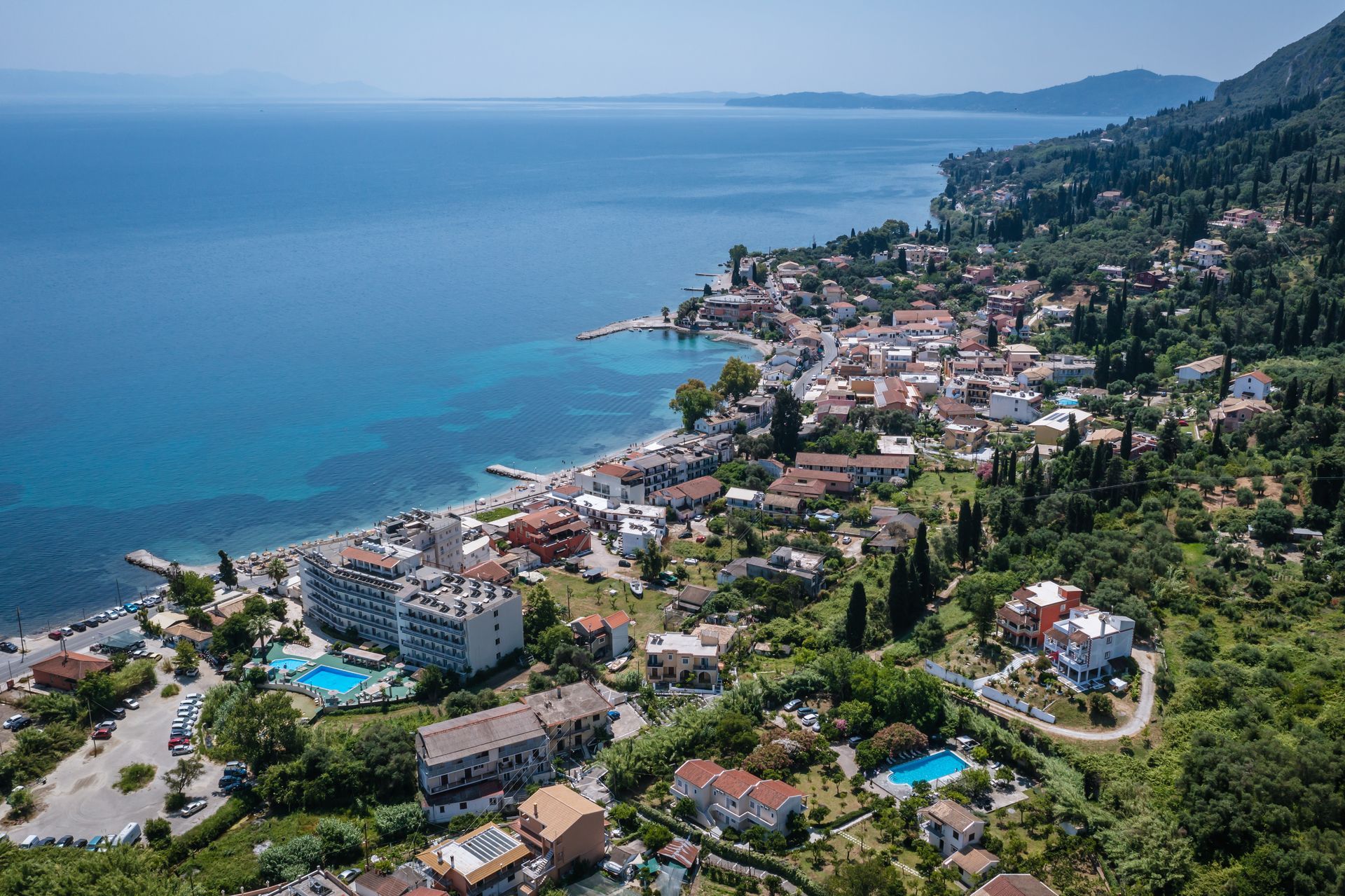
Greece Introduces a New Hotel Environmental Classification System: A Step Toward Sustainable Tourism
As part of its sustainability efforts, Greece is rolling out a new environmental classification system for hotels to promote eco-friendly tourism. Developed in collaboration with the Hellenic Chamber of Hotels and the Technical Chamber of Greece, this system will categorize hotels based on their environmental performance, encouraging more responsible travel choices.
The Greek tourism sector has long been a major contributor to the economy, but with increasing numbers of visitors each year, concerns over energy consumption, waste management, and carbon emissions have grown. In response, Greece is joining other European nations in pushing for sustainable tourism practices.
How Will Hotels Be Classified?
Hotels will be assessed based on their commitment to sustainability, receiving rankings that reflect their environmental impact. The key evaluation factors include:
Energy Efficiency – Hotels that use solar panels, LED lighting, and smart energy-saving systems will rank higher.
Water Conservation – Properties implementing water-saving technologies, such as rainwater collection and low-flow plumbing, will receive green certification points.
Waste Management & Recycling – Hotels will be evaluated on their ability to reduce single-use plastics, manage waste responsibly, and support recycling programs.
Eco-Friendly Operations – Hotels that encourage sustainable guest behavior, such as reusing towels and reducing food waste, will score higher on the new classification scale.
Why This Matters for Travelers & the Tourism Industry
Encouraging Sustainable Travel Choices – Visitors will be able to easily identify eco-friendly hotels when booking their stays.
Hotels Will Compete to Go Green – By implementing this classification, Greece hopes to incentivize hotels to invest in greener infrastructure.
Reducing Tourism’s Environmental Footprint – With millions of tourists visiting Greece every year, small changes at hotels can lead to significant reductions in pollution, waste, and energy consumption.
The exact ranking system and certification process are expected to be finalized by mid-2025, with hotels encouraged to start adapting to these new environmental standards as soon as possible.
For updates on the initiative, visit Argophilia or GTP Headlines.
